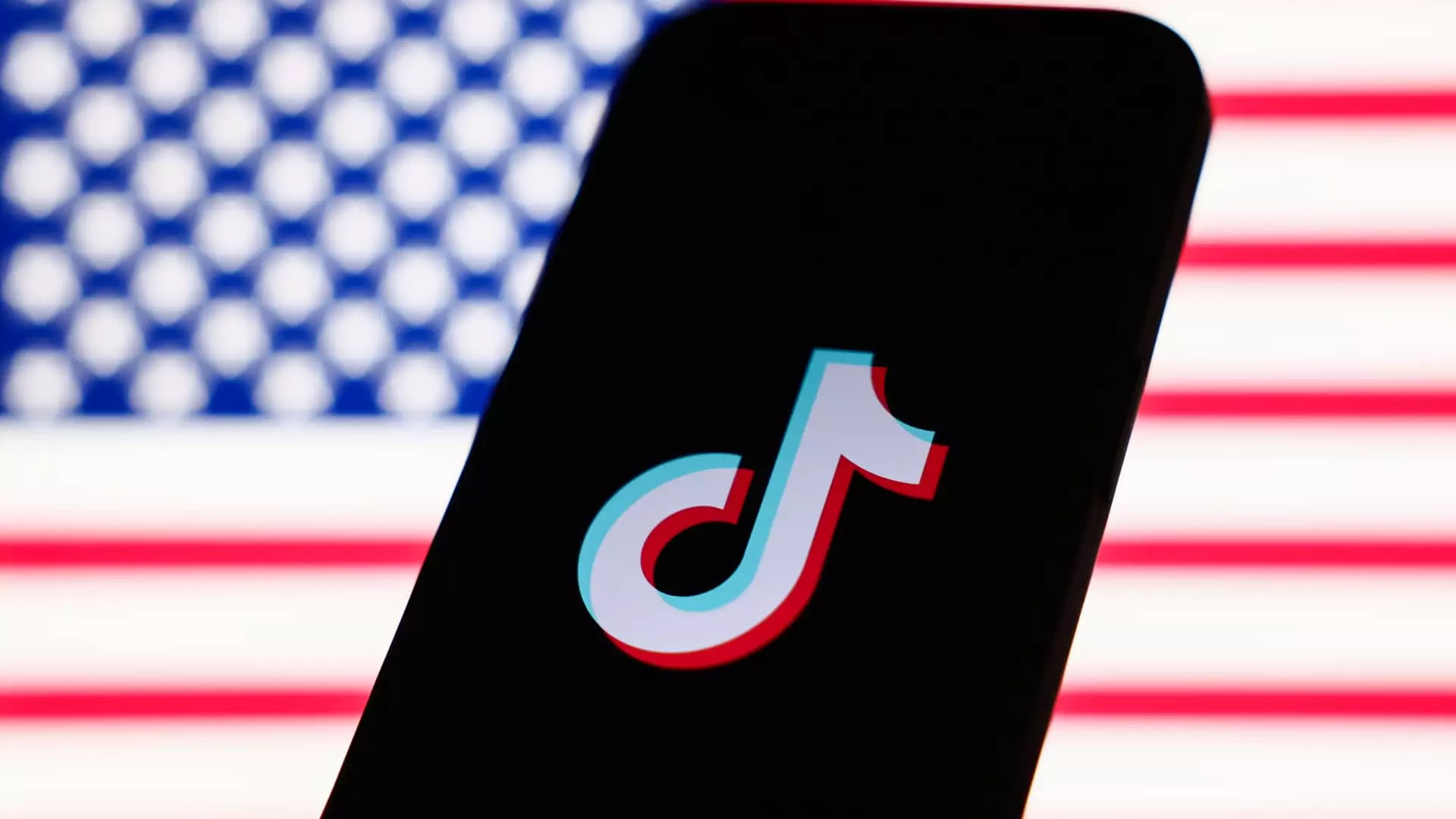TikTok, a social media titan, stands at a complex crossroads in the U.S. market, compelled by geopolitical anxieties and looming national security concerns. As its parent company, ByteDance, contemplates the potential sale of its U.S. operations, various high-profile investors consider their stakes in the app’s future. This article examines the factors influencing the valuation of TikTok’s U.S. business, potential buyers, and the ramifications such a transaction might entail.
As TikTok faces turbulence, the question of its worth becomes increasingly pertinent. Recent estimates by industry analysts, including Angelo Zino from CFRA Research, suggest that a potential sale could range between $40 billion to $50 billion. This figure reflects TikTok’s extensive user base—an estimated 115 million monthly users in the U.S.—which, while trailing behind Instagram’s 131 million, positions it favorably against peers like Snapchat and Reddit.
However, this valuation has notably decreased from earlier assessments exceeding $60 billion back in March 2024. The decline exemplifies how external factors, specifically shifting industry multiples and increasing geopolitical tensions, have reshaped an already fragile marketplace for social media platforms. Analysts’ predictions underscore a critical point: the dynamic and often tumultuous landscape of technology investment means that even a seemingly robust asset like TikTok can experience substantial fluctuations in perceived value.
A significant hurdle in any potential acquisition revolves around the regulatory scrutiny entailed in such a transaction. Both the U.S. government and potential buyers must navigate a landscape fraught with uncertainty centered on data privacy concerns. TikTok’s algorithms, regarded as its crown jewel, are suspected of posing national security threats due to their connections to the Chinese government. This concern is pivotal as any buyer seeking to leverage TikTok’s infrastructure must contend with not only regulations but the possibility of broader restrictions in the app’s operating capacities.
The situation appears especially daunting for any potential acquirer, particularly those like Elon Musk. Recent discussions have floated the idea of Musk as a possible bidder, yet the feasibility of this idea remains questionable in light of the evolving regulatory environment. The challenge lies not just in affording the transaction but in the complex web of compliance that would accompany it. This reality could deter many from pursuing a bid, highlighting the nuanced interplay between market potential and regulatory restraint.
Amidst the backdrop of national security concerns and a fluctuating valuation, several parties have signaled their interest in acquiring TikTok’s U.S. operations. A consortium including billionaire Frank McCourt and entrepreneur Kevin O’Leary has expressed willingness to offer approximately $20 billion for the U.S. assets, albeit without securing the proprietary algorithms. O’Leary has presented this bid as an opportunity unhindered by the extensive regulatory hurdles evident for larger tech companies.
Interestingly, the presence of these bidders illustrates a broader trend in the marketplace. Wealthy individuals and small consortiums, as opposed to tech giants, may find themselves as frontrunners for TikTok’s operations. They appear to leverage their financial clout while sidestepping layers of scrutiny, thus highlighting a unique opportunity for consolidation in the social media landscape.
The consequences of TikTok’s potential acquisition extend beyond financial figures and regulatory implications. The strategic decisions made in the coming months could reshape the landscape of social media engagement in the U.S. and influence global digital interactions. Should TikTok fall into the hands of a capable buyer willing to maneuver through existing restrictions, it might not only survive the precarious landscape but could flourish, redefining ad strategies and user engagement methodologies.
Moreover, the response from U.S. consumers could also significantly influence the trajectory of TikTok post-sale. With mounting public interest in data security, the manner in which a new owner addresses these concerns could dictate user retention and platform evolution.
The current state of TikTok reflects a microcosm of larger socio-economic shifts and geopolitical tensions affecting global technology firms. As ByteDance weighs its options, potential buyers navigate this treacherous terrain, cognizant of the myriad challenges that accompany the prospect of acquisition.

